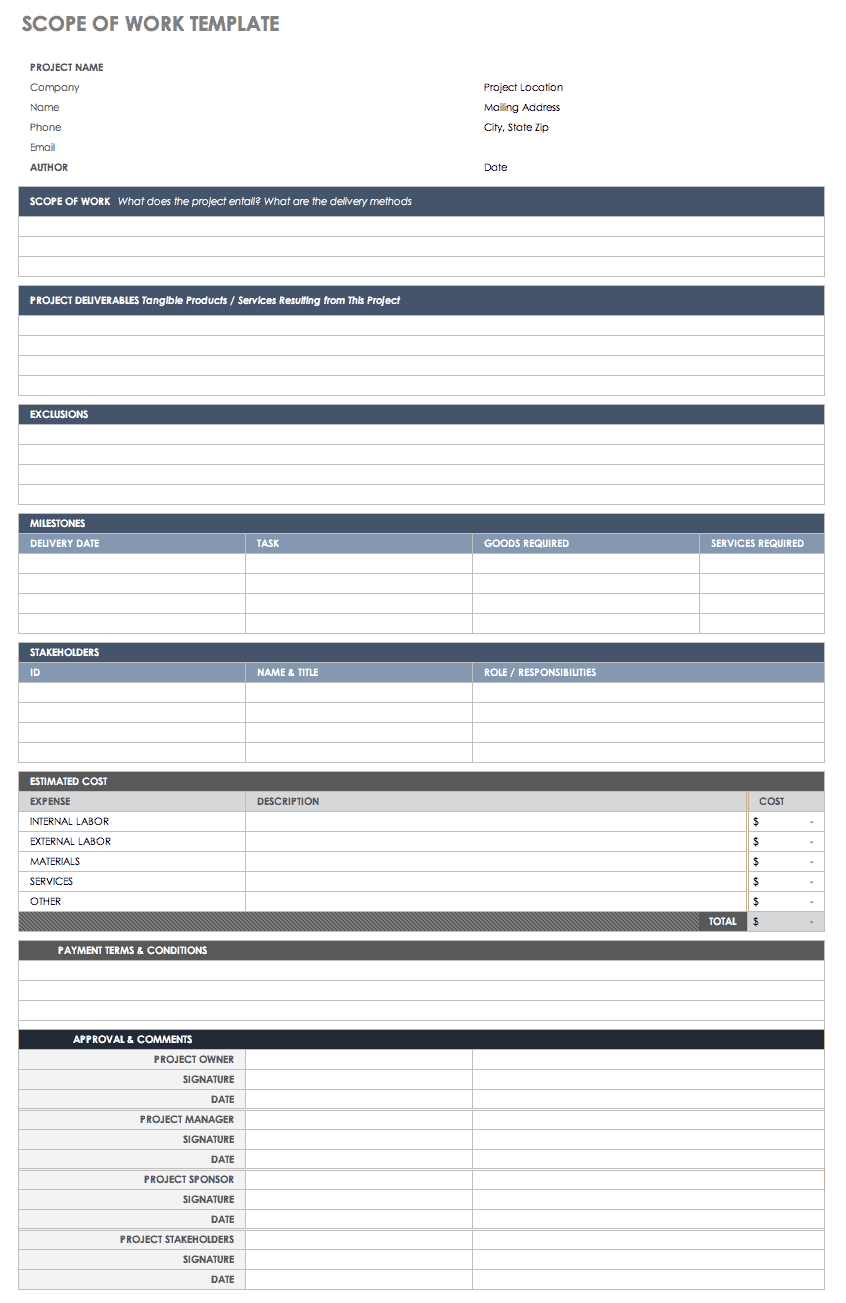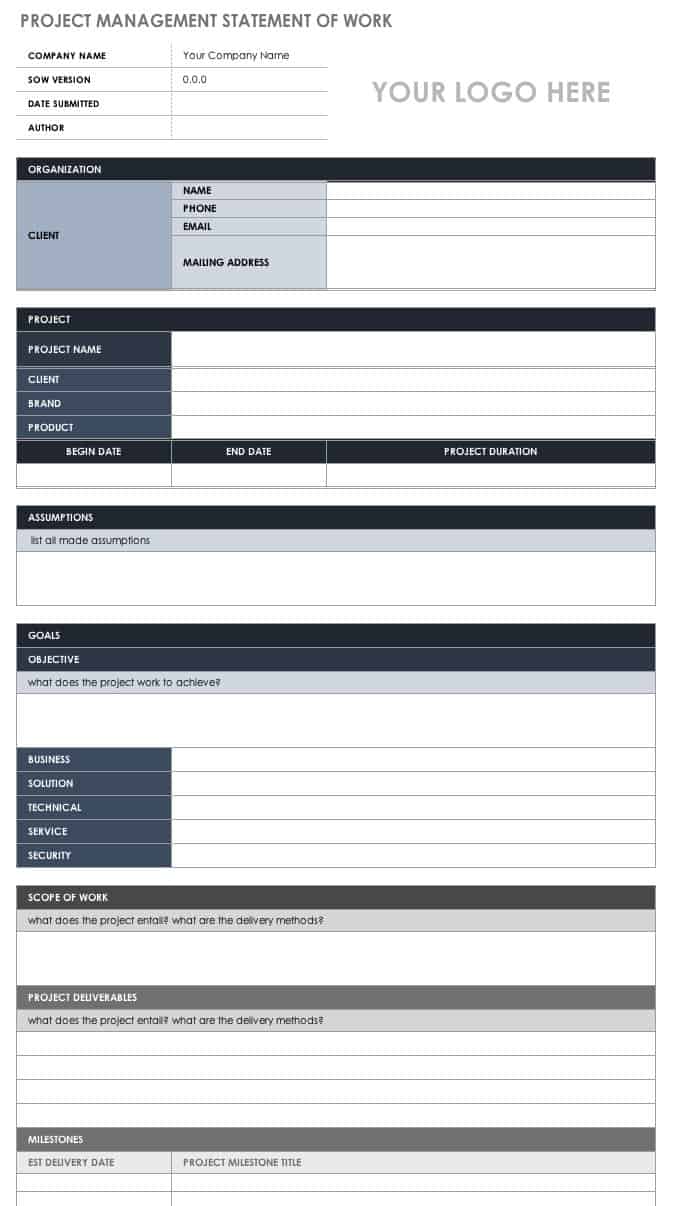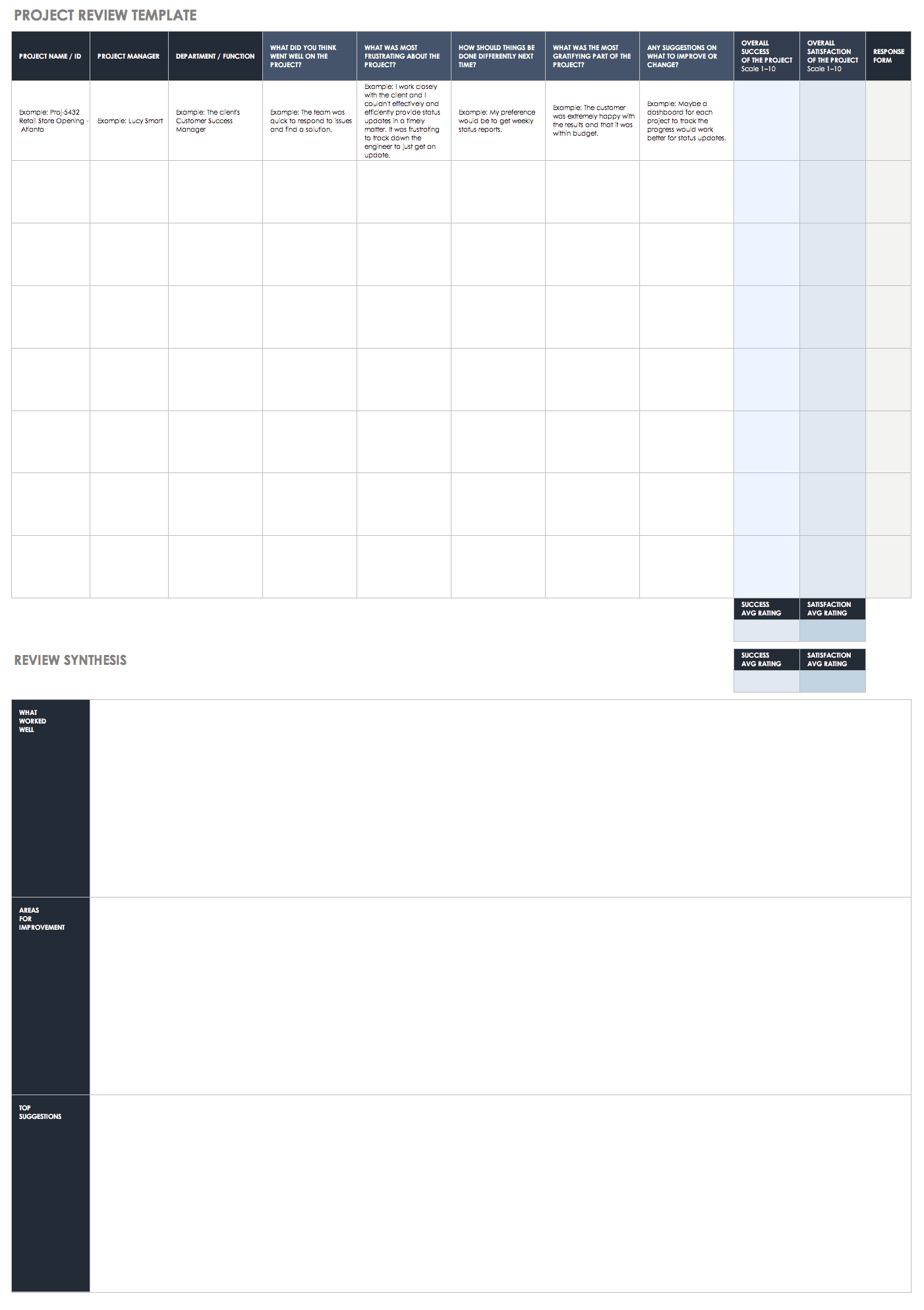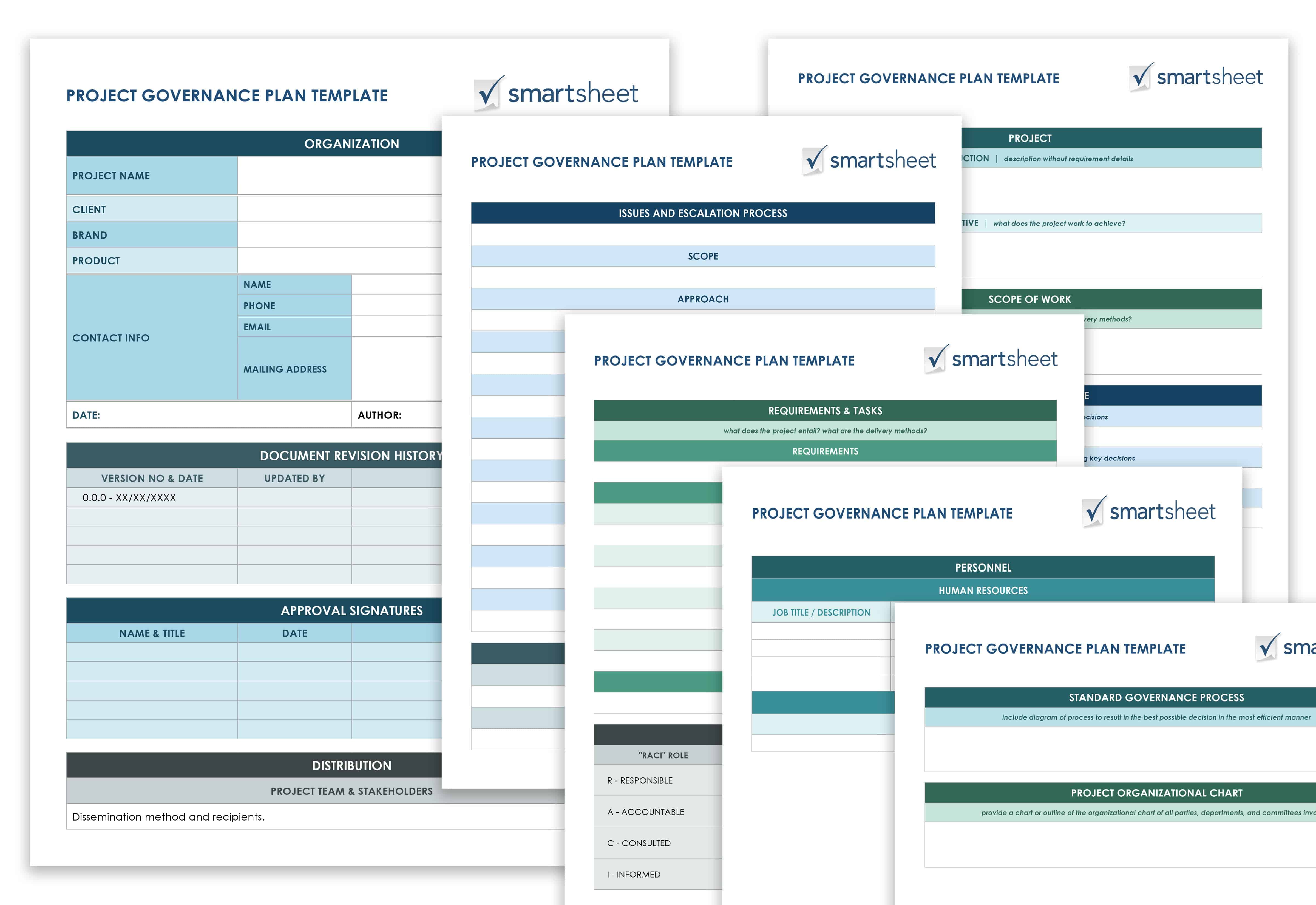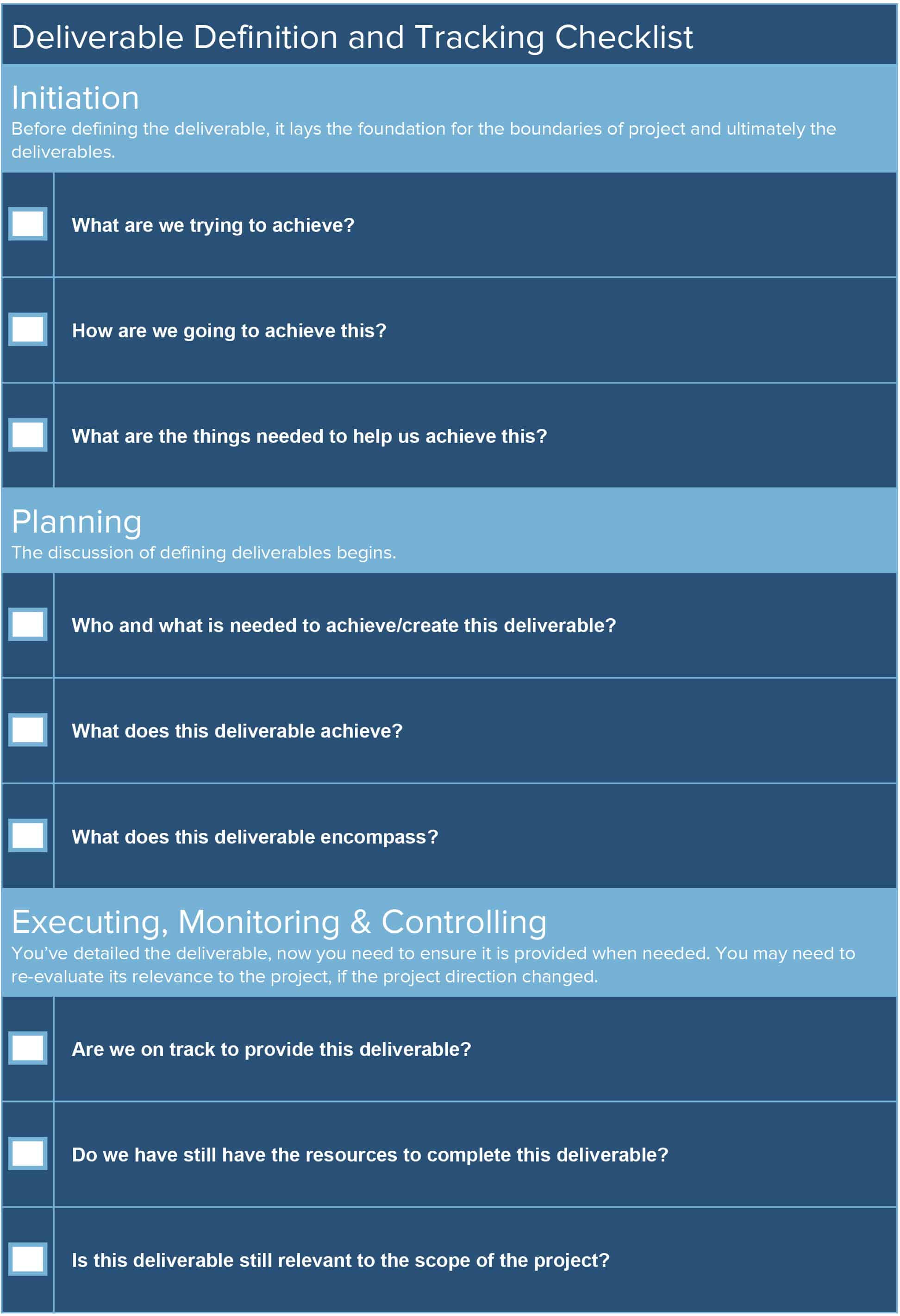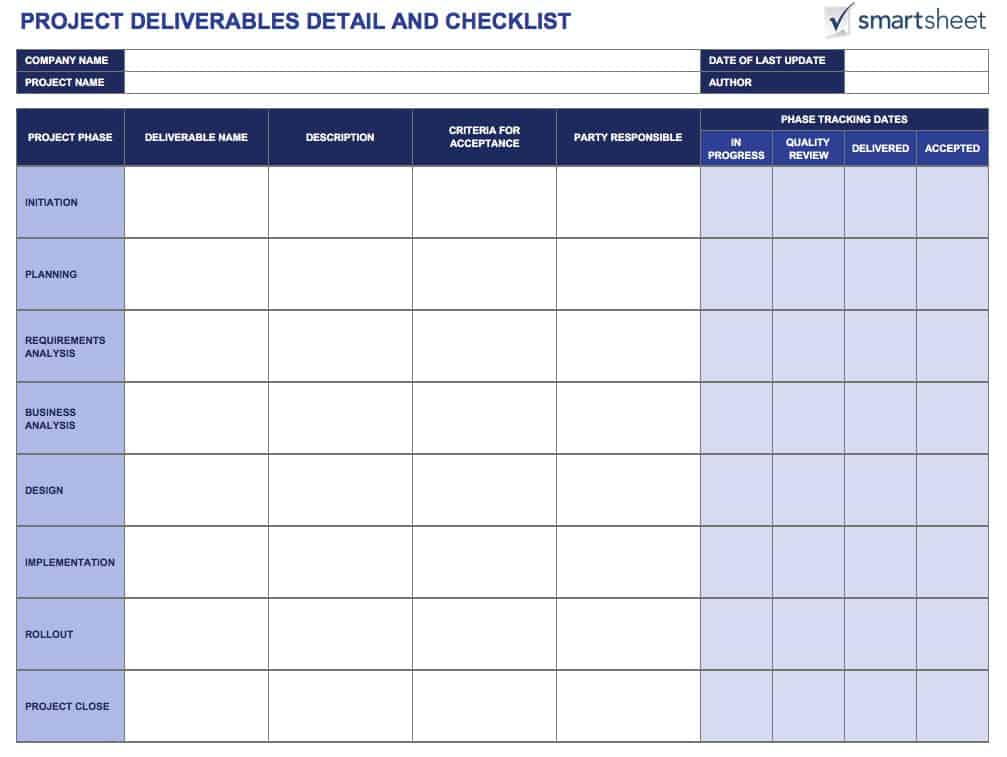What Is a Project Deliverable?
Look around you; everything in your office or home likely started as a project deliverable. The chairs were manufactured to meet specifications on a deadline. The garden was designed and landscaped to be completed for tenant occupation. The office policy manual was researched, drafted, and then approved by a certain date. So many of the useful things in our world started as deliverables.
In project management, a deliverable is simply a product or service created to achieve a project objective. Size doesn’t matter. A deliverable can be large or small - a shopping mall or a translator’s vendor analysis report for a documentation team.
Sara-Lu Beckford, is an IT professional with 10 years of experience in technical project management and business analysis. “At the end of the day,” she says, “the expectation of a project is that there is something to be provided at one point or another in the venture.”
Examples of Project Deliverables
- A new website
- A wetlands impact report
- An apartment building
- A usability study
- New siding and windows for a condominium community
- Improved customer approval rates
- A software prototype
- Marketing survey results
Project Management Guide
Your one-stop shop for everything project management

Ready to get more out of your project management efforts? Visit our comprehensive project management guide for tips, best practices, and free resources to manage your work more effectively.
Attributes of a Project Management Deliverable
Deliverables have many attributes. They have stakeholders, or clients, for whom the deliverable is created. Stakeholders can be external or internal. For example, new cars are developed to be sold externally to consumers, but the design requirements to create the car are created by engineers as an internal deliverable for the development team.
Like the objectives they serve to achieve, deliverables must be specific and measurable. If a deliverable isn’t specific or if it doesn’t directly serve the objective, it has no place in the project plan. The measurable aspect of deliverables means they must meet defined acceptance criteria.
Deliverables can also have deliverables of their own. For example, a sales method training program may have two deliverables: the design, followed by the course content. For software (and sometimes in manufacturing), the sub-deliverables are called releases. The functionality of the software program is developed in phases, each of which is tested and approved, and which contribute to the whole.
A project can also have more than one deliverable, and deliverables are often dependent on the completion of previous deliverables. For this and other reasons, a project schedule probably requires milestones that need to be met on the road to completion. In other words, create intermediate target dates to ensure that dependencies are met.
Some project management professionals view milestones as a kind of deliverable, but others characterize them more broadly. In her LinkedIn article, Beckford calls milestones checkpoints. “They identify when one or multiple groups of activities have been completed thus implying that a notable point has been reached in the project.”
Deliverables may go through a test phase to ensure that they meet the acceptance criteria. The project is considered complete only after the stakeholder accepts and signs off on the deliverables.
Understanding Process and Project Deliverables
Among project management deliverables, there is a distinction between project and process deliverables. As we pointed out earlier, a project deliverable is a result, while a process deliverable is the path you take to achieve that result. For example, if the project is to create a new chair, one of the deliverables would be a seat. The process deliverable in this example is how the seat is being created. Process deliverables include things such as the scope of work and a statement of work. A scope of work sets the intentions for the project at the very start and includes such things as the project stakeholders, project goals and objectives, and intended deliverables. See our free scope of work template to help you capture the details for your project.
Download Scope of Work Template
Excel | PDF | Smartsheet
A statement of work (SOW) details the project for a vendor. It sometimes accompanies a request for proposal (RFP) and is often included in a contract. Our free, downloadable template can get you started on your own SOW.
Download Statement of Work Template
Some people also consider a third category, activity deliverables, which include status reports and reviews.
Download Project Review Template
A governance document is a process deliverable that sets out who is responsible and accountable for the different aspects of the project. Our template can help you to complete the governance document for your project.
Download Project Governance Plan Template
Some crossover between project and process deliverables occurs when creating the work breakdown structure, a process document that takes the intended deliverable and breaks it into the sub-deliverables and tasks. Analysis of the duration and budget of the tasks then contributes to the project budget and schedule.
Process for Managing Deliverables
When you embark on a project, it should be obvious what you’re going to create, right? Unfortunately, that’s not always the case. That’s why it’s important to define and capture the description of the intended deliverable(s). The team needs enough details to know what it is producing or developing, and how to measure the outcome during testing and review. Perhaps most important of all, you need to be sure of what the stakeholders want and that they approve the end product.
Here are some tips to ensure your project is successful:
Start Early. As with so many aspects of project management, it is best to define what you’re creating before the team begins work. Starting early means you can uncover the need for process deliverables to help you, and potentially even for other tangible deliverables. You can always revise the definition as work progresses.
Consider Your Objective. Your product or outcome will be based on your objective. Decomposing the objective will reveal your key deliverables, but you still aren’t ready to begin work. Be sure to get approval on these deliverables from your stakeholders.
Break It Down. Once you have stakeholder approval, you can determine what tasks are needed to complete the deliverables and how long each will take. If you’ve listed the tasks in a project management software program, viewing the project as a Gantt chart can help to determine and highlight any dependencies.
Track that Task. Stakeholders and upper management are concerned with progress of the project and higher level deliverables. As a project manager, you and your team leaders will track the progress of tasks. Project management software can help you to record, track, and share information about all your deliverables, tasks, milestones, and dependencies.
Defining Deliverables
The details of the deliverables and their acceptance criteria will be captured internally in the project scope statement and externally in the contract with the customer. How do you figure out what you need to work on?

"I think a good starting point is to understand the scope and nature of the project, as well as the typical deliverables that are sought for such a project. Ultimately, the key to successfully identifying deliverables is to work closely with the project team and stakeholders to identify them. [Using investigative and analytical skills, as well as] facilitating open communication and having a clear understanding of the scope of the project can improve the chances of success in defining deliverables," says Beckford.
To help you and your team focus and find the deliverables for your project, Beckford shares her Deliverable Definition and Tracking checklist.
Keep track of everything involved in creating a deliverable with a deliverable detail and checklist template. As you work on the project, it’s important to record what goes well and what doesn’t go well. This will help lay the groundwork for similar projects in the future. In fact, we’ve created a project review template just for that purpose.
Download Project Deliverables and Details Checklist Template
Easily Track and Manage Project Deliverables with Smartsheet
Smartsheet is a work management and automation platform that enables enterprises and teams to work better. Tracking project deliverables has never been so easy, thanks to the powerful and intuitive project management tools found in Smartsheet. Hold your team accountable by providing visibility into team priorities and sending out real-time updates.
Project managers will appreciate the enhanced reporting features that provide rich, real-time metrics that summarize progress and increase stakeholder confidence. Create self-service reports and dashboards to view, resources, status, and performance in an instant.
Discover how Smartsheet can help your business work better.
